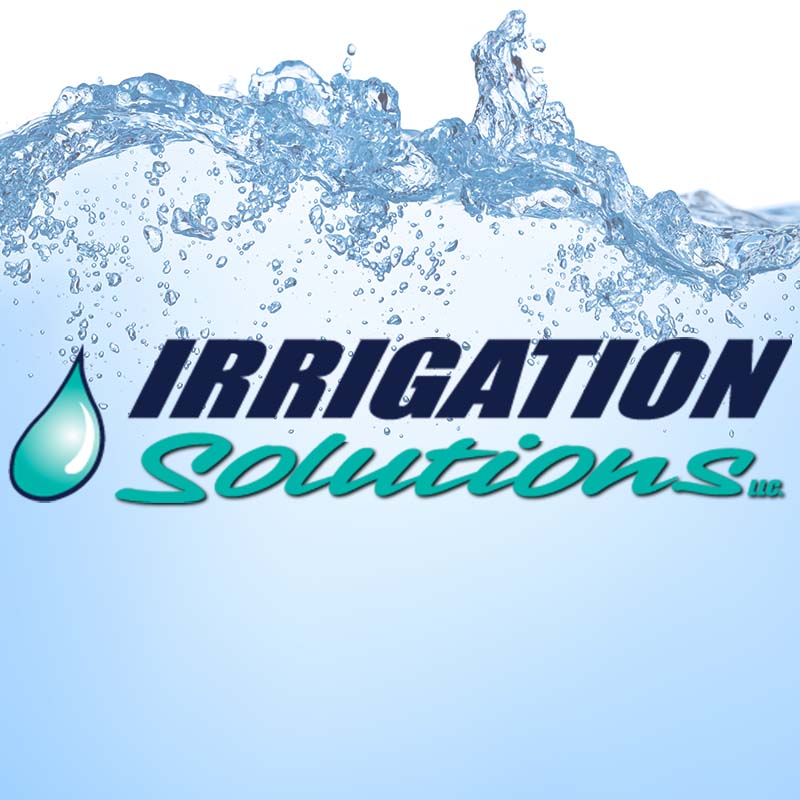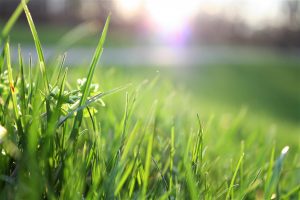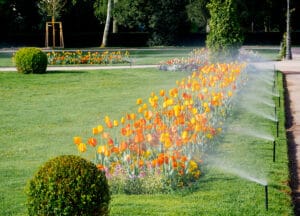If getting a sprinkler system installed on a property were as easy as just putting the thing in the ground and letting the water do its thing, there wouldn’t be a reason for an irrigation company like us to exist.
The fact of the matter is that not every property is ready for an irrigation system.
This doesn’t mean they can never water the grass. It just means that factors like utility lines, the size of your lawn and potential obstacles and problems are going to impact the design of your future sprinklers. These need to be clearly marked, analyzed and worked around to make sure your property is ready to have an irrigation system installed.
The biggest issue is going to be making sure that your property’s utility lines aren’t interfered with. Water pipes, sewage drainage lines and gas pipes are commonly found underground with some areas also placing their electrical and communications lines beneath properties as well. It’s imperative to make sure a new irrigation system won’t interfere with their operation, as you’ll have much more to deal with that just dead grass.
Before Installing a Sprinkler System
Before installation, it’s absolutely crucial to call your utility companies and get them properly mark where your underground lines and pipes are properly mapped out (and marked if they’re able to be) so that your new sprinkler pipes don’t run through any of them and create a problem for both your lawn and your utility access.
You’ll also need to have a conversation with your water company and figure out the total capacity of your water system. Installing an irrigation system that uses more water than you have can be disruptive to your routine and prevent you from using water for other things like bathing or cleaning while your sprinklers are active.
And of course, the size of a property (while it can’t be changed) is important to consider when installing new sprinklers. You won’t need an industrial irrigation system if you live on a single acre of property, but you might if you’re on a small mansion.
The few suggestions here aren’t a definitive list, just some of the most common issues that people run into before installing their sprinklers. Other issues include soil density, troublesome rocks and working around the actual layout of the property.
But above all else, be sure to get your new sprinkler system installed by a reputable and experienced company, who will be able to take care of these issues for you and make sure you don’t have problems down the line.





